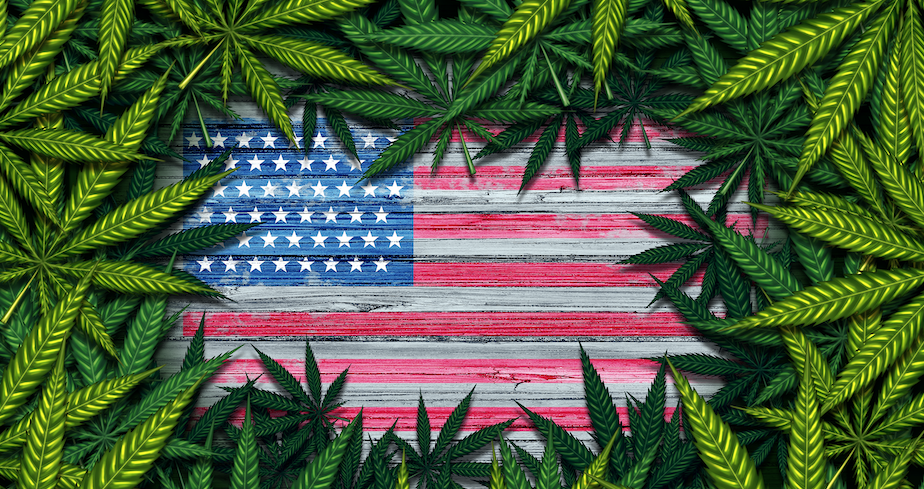11.21.2025
Sausage casings bulletin, November 21, 2025

...

The emergence of a new industry depends on vital Intellectual Property (IP) development, particularly with hemp, in all its major segments. Everything related to the crop has emerged from the dark ages of prohibition, which artificially retarded any meaningful technological progress. From seed to shelf, companies and individuals are investing significant resources into developing products and processes that are the steppingstones to normalization of markets in the hemp sector.
After the passage of the 2018 Farm Bill, essential provisions were made in a number of areas to help to normalize the industry. Only at planting time last year did the USDA clarify that farmers could import seeds without interference from the DEA and followed that in October with assurances that producers are able to import live plant material, like clones. Also, in April of 2019, the USDA announced that hemp was entitled to Plant Varietal Protection (PVP). In May 2019, the US Patent and Trademark Office (USPTO) released guidelines clarifying the agencies position on hemp derived products, as well as high-THC cannabis (MJ). The USPTO does not offer trademark protection to MJ products because of the federally illegal status. This includes MJ derived CBD. Similarly, the USPTO noted that hemp derived CBD for dietary supplements or food/beverage was not eligible for trademark protection, because of its regulatory status.
In addition to the above movement, banking guidance trickled out over the course of the year, but even today, operators encounter obstacles with access to financial services. All of these, and more, are the mechanisms that underly complex marketplaces, and this industry will only continue to grow in complexity in addition to the general growth we observe today. There is little appetite to invest capital in products or processes that cannot be protected from competitors, but this aptly characterizes the state of IP protections in the hemp space.
In October, the USPTO rejected Charlotte’s Web (CW) trademark application for that name. In this case, the USPTO found that “Charlotte’s Web identifies a particular strain of low THC, high CBD content Cannabis sativa plants”. The company appealed to the Trademark Trial and Appeal Board (TTAB), but this was recently rejected, because of the FDA’s current position on CBD in dietary supplements or food. CW will now test the system vis-a-vis its current legal battle with the parent company of Balance CBD, AAXLL Supply Company.
The TTAB noted that while “substantial clinical investigations of CBD” are ongoing, they will not offer trademark protection for these products. One of their key points for determining whether a product is for ingestion is added flavor. If a product is flavored, they reason, then it is intended for food. They also look carefully at marketing materials to determine if there is anything that points to use as a dietary supplement or food/beverage. The results of the CW appeal – now a TTAB precedent – can be found here:
https://ttabvue.uspto.gov/ttabvue/ttabvue-86568478-EXA-15.pdf
There are currently dozens of active trademark applications for CBD products, part of an ongoing backlog of reviewing products following the USPTO’s updated policies precipitated by the 2018 Farm Bill. Interestingly, Your CBD Store, under the Sunflora Inc. umbrella, gained protections for their brand. The language in their application describes only topical products, no tinctures, and no flavors. The company does sell many ingestible products with CBD extract, that technically do not enjoy the same protections as their topical lines. However, by de facto, the company does have some amount of protection for their entire product line. Regardless of the technicalities, it does provide at least a speed bump for competitors looking to capitalize on their IP, because of the potential impacts of their trademark if pressed in litigation. Who knows whether they would prevail, but CBD companies are likely tweaking strategy to focus on protection for topical lines, in hopes it may extend the sphere of protection – or at least that perception – to ingestible products.
The company has had success in patenting two plant varieties, but we’ll save this for a future Hemp Bulletin. Most, but not all readers may know that Charlotte’s Web gained notoriety by providing relief to Charlotte Figi, a child suffering from Dravet Syndrome. Figi died earlier this year at the age of 13.